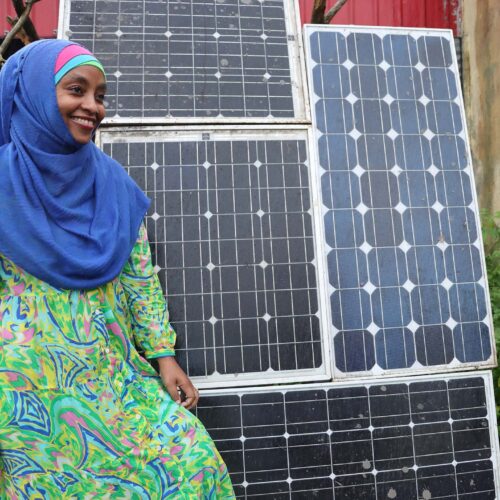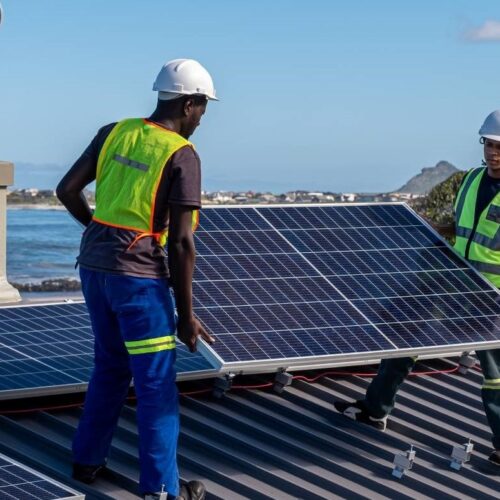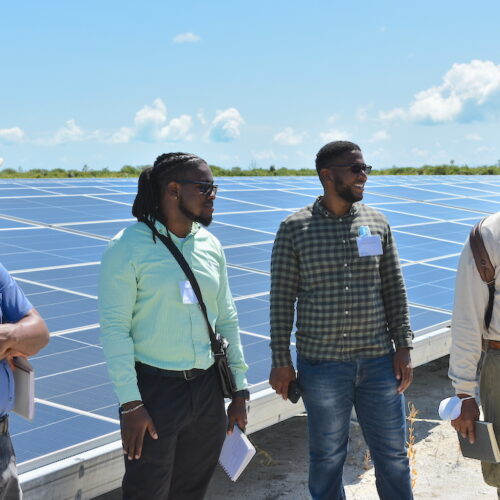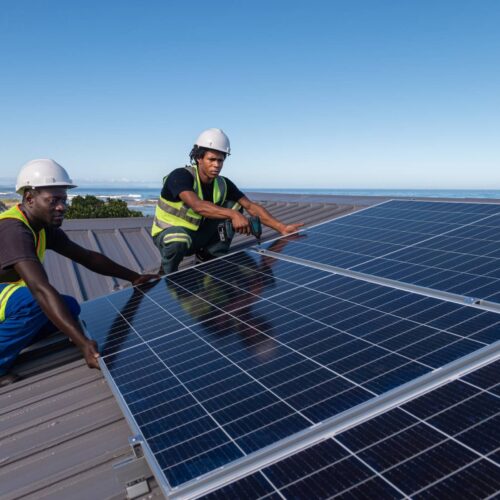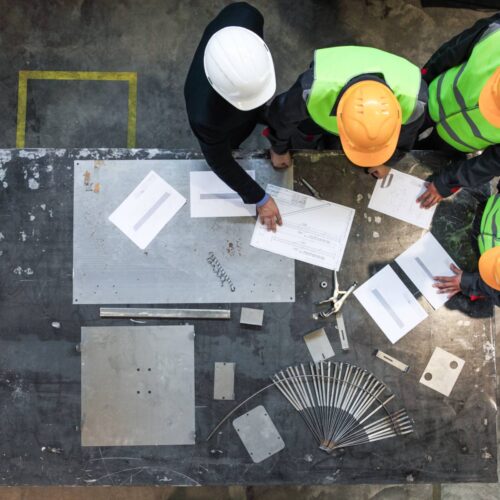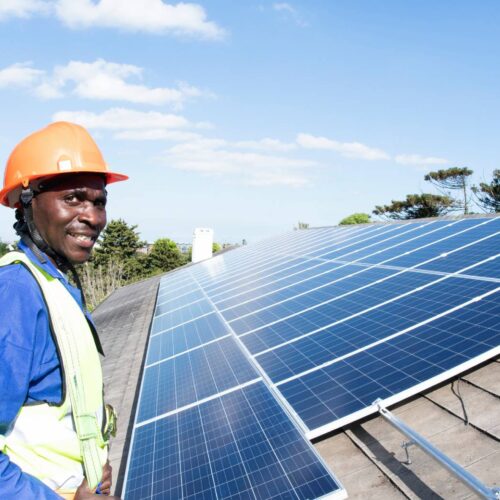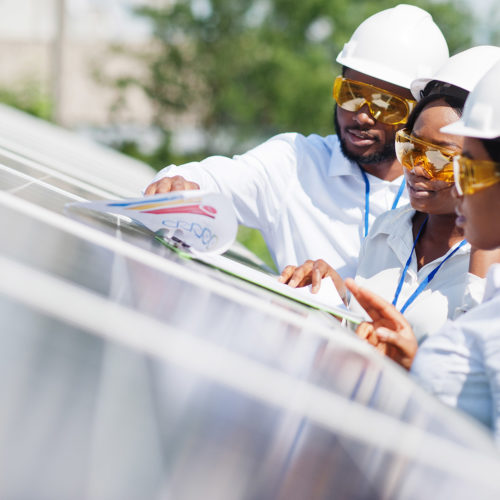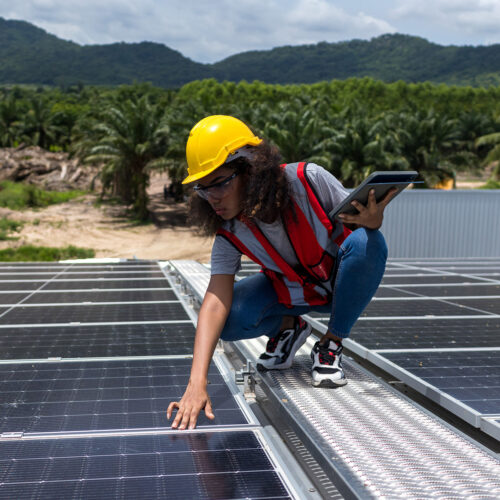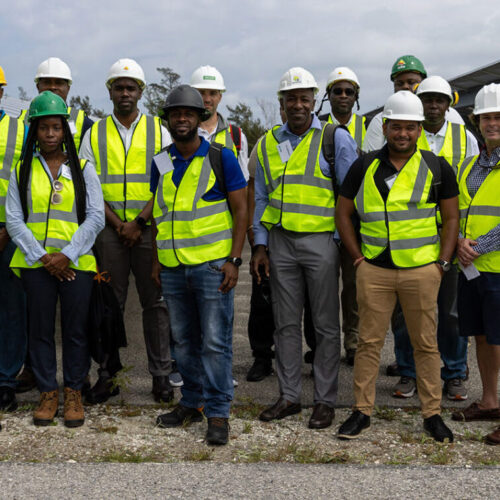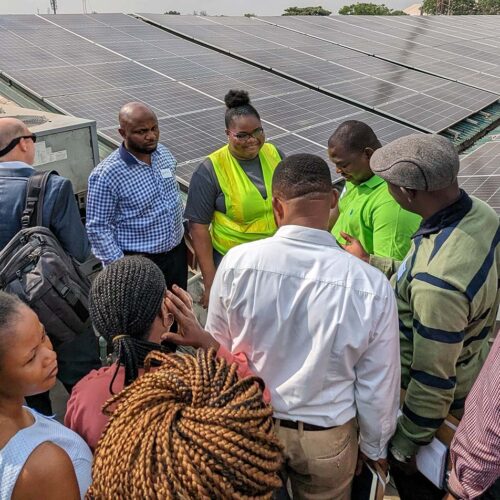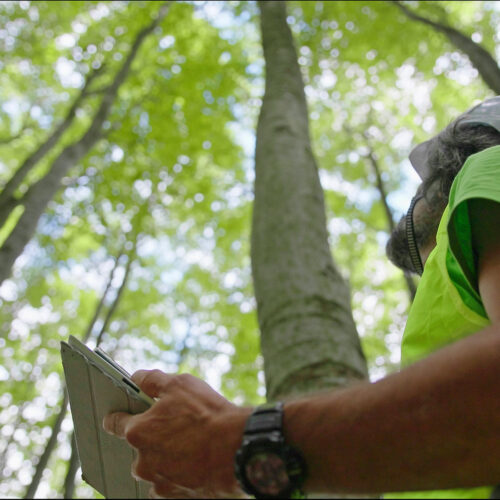Energy Transition Academy
Empowering energy professionals to be leaders in clean energy locally and climate action globally.
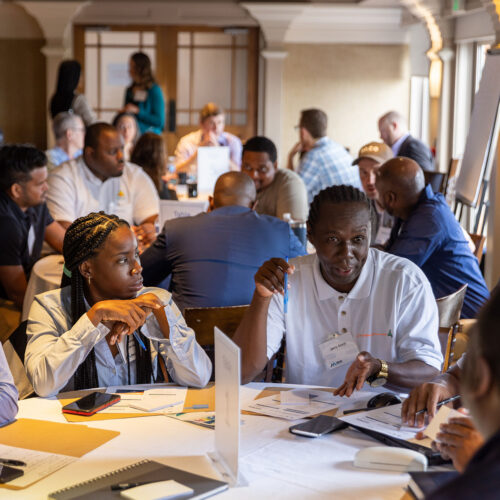
What Is The ETA?
The Energy Transition Academy (ETA) is a dynamic capacity-building program and suite of offerings for skills training and professional networking services with a mission to connect, amplify, and empower the energy transition workforce of today and tomorrow.
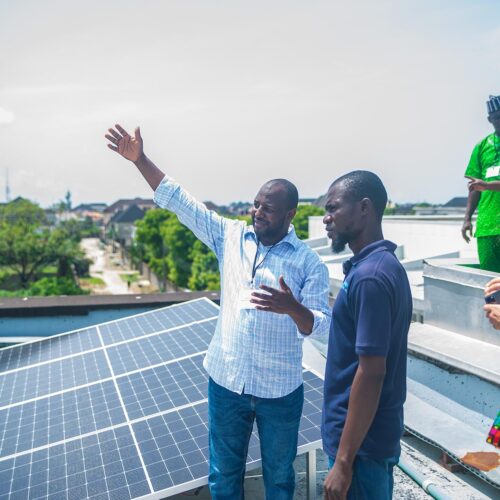
Why It Matters
There is an urgent need to decarbonize global energy sectors. To do that, professionals worldwide will have to do the work of planning, developing, and investing in the technologies, infrastructure, and systems of the clean energy future.
An estimated 30 million people are needed for clean energy jobs around the world by 2030. They will need the right skills and know-how to drive the clean energy transition. Engineers, bankers, regulators, project developers, and government officials — professionals from every market segment in every country — will need to build their skills, networks, and careers as quickly and efficiently as possible. That’s why we created the Energy Transition Academy.
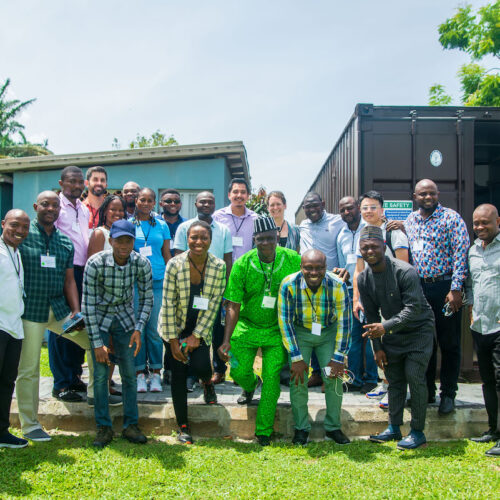
What We’re Doing
The ETA — developed with input from Global South energy leaders — provides capacity development and peer networking opportunities that respond directly to local priorities. The Energy Transition Academy exists to help professionals who will drive the shift to clean energy understand, plan, and do the work of building the energy future as quickly and efficiently as possible.
The Energy Transition Academy works closely with global and local partners to combine the world’s best technical expertise with high-value, efficient skills-building services. We offer a dynamic mixture of tools, networks, and programs that help you streamline your planning, meet and speak with the right people, and get the job done. The ETA provides support for senior and mid-level energy professionals in utilities, renewable and distributed energy companies, and regulatory bodies. It also engages politicians, policymakers, investors, and influencers who can enable the transition to clean energy. The ETA provides energy leaders with the skills and tools to permit, build, and regulate renewable energy systems, with an ancillary focus on related sectors such as transportation and buildings.
Our Offerings
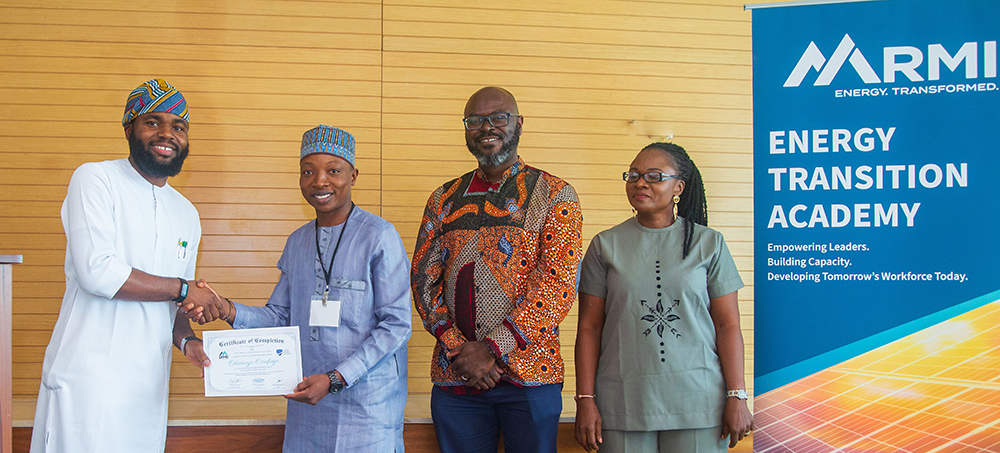
Global Fellowship Program
The Global Fellowship Program empowers energy professionals in utilities and governments in the Global South to advance distributed renewable energy projects in their communities. The program is currently offered across 15 Caribbean countries and in Nigeria, with planned further expansion in other sub-Saharan African countries, the Caribbean, and Southeast Asia. Fellows gain microgrid project development and management knowledge and experience through peer-to-peer learning, advanced technical training, networking, and leadership opportunities. The six-month program combines an e-learning model with technical modules and facilitated discussion, a Capstone Project, plus in-person applied learning through site visits to solar-plus-battery microgrids and other clean energy facilities. Learn More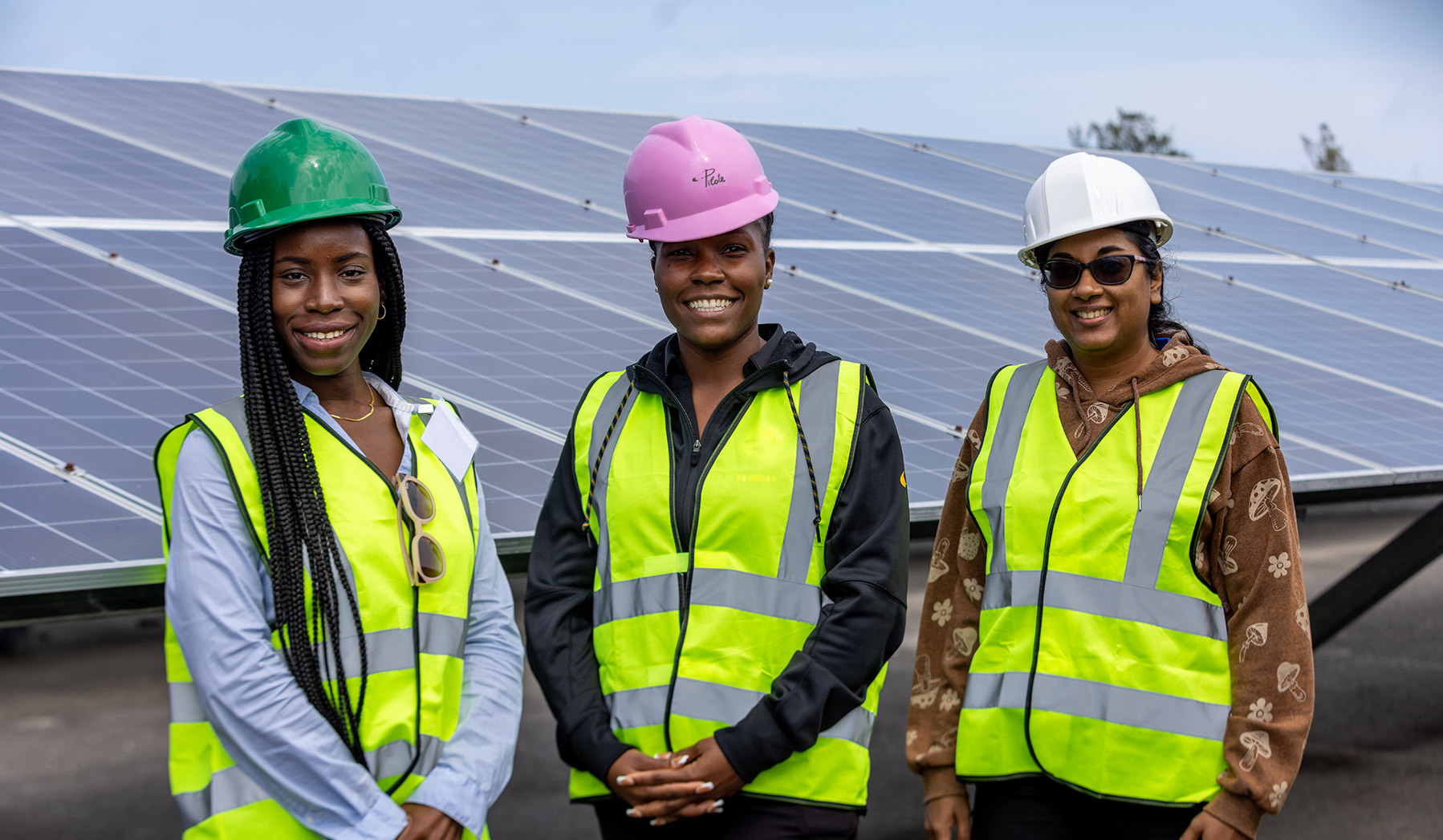
Women in Renewable Energy Network
The Women in Renewable Energy (WIRE) Network is a professional development network for women professionals working across the clean energy value chain. It works to eliminate barriers to entry and career advancement in sustainable energy by establishing a community of high-achieving and motivated women professionals. WIRE creates and facilitates personal and professional development opportunities for its members, cultivating women leadership in the clean energy transition. The network’s focus on reducing gender imbalances plays a key role in leveraging the full potential of a just and accelerated transition.The Clinton Climate Initiative, with later support from CARILEC, developed the WIRE Network to empower women working in energy in Island nations. In 2022, RMI acquired the WIRE network and the Energy Transition Academy took over its management. Learn More
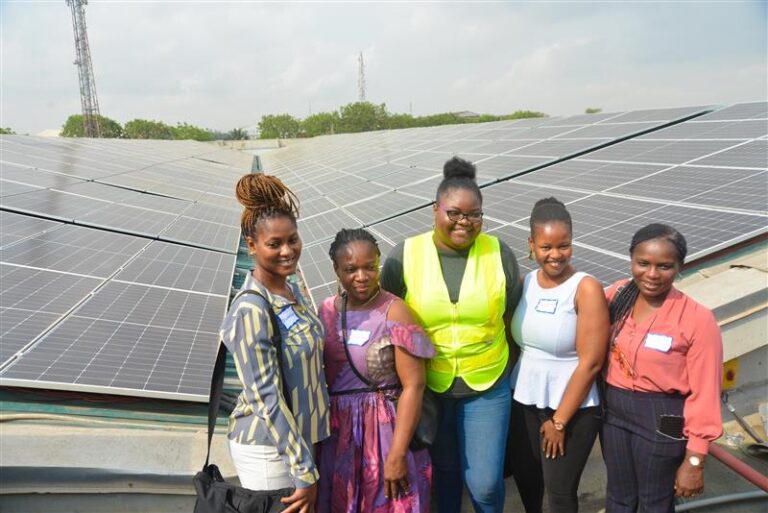
Global Women in Clean Energy
The Global Women in Clean Energy Fellowship is designed to catalyze a more inclusive and equitable clean energy workforce. Leveraging the Energy Transition Academy (ETA)’s expertise, strategic partnerships, and a tailored curriculum, the Fellowship will empower women leaders, strengthen their networks, and support them in more rapidly advancing clean energy projects and more inclusive organizational practices — contributing to the broader impact of an equitable, gender-inclusive, and fast-tracked energy transition. Learn More
Africa Minigrids Program
The Africa Minigrids Program (AMP) is a Global Environment Facility-funded initiative that is jointly implemented by the United Nations Development Programme (UNDP), the African Development Bank (AfDB), and RMI. The AMP initiative — now spanning 21 African countries, addressing half of the world’s 750 million people without electricity — helps develop the enabling environments to increase the commercial viability of renewable energy minigrids and scale up investments in decentralized renewable energy solutions in Africa.The Energy Transition Academy will implement the AMP Community of Practice platform to provide the venue to engage, inform and upskill participants working to scale investment in renewable energy minigrids in Africa. Learn More
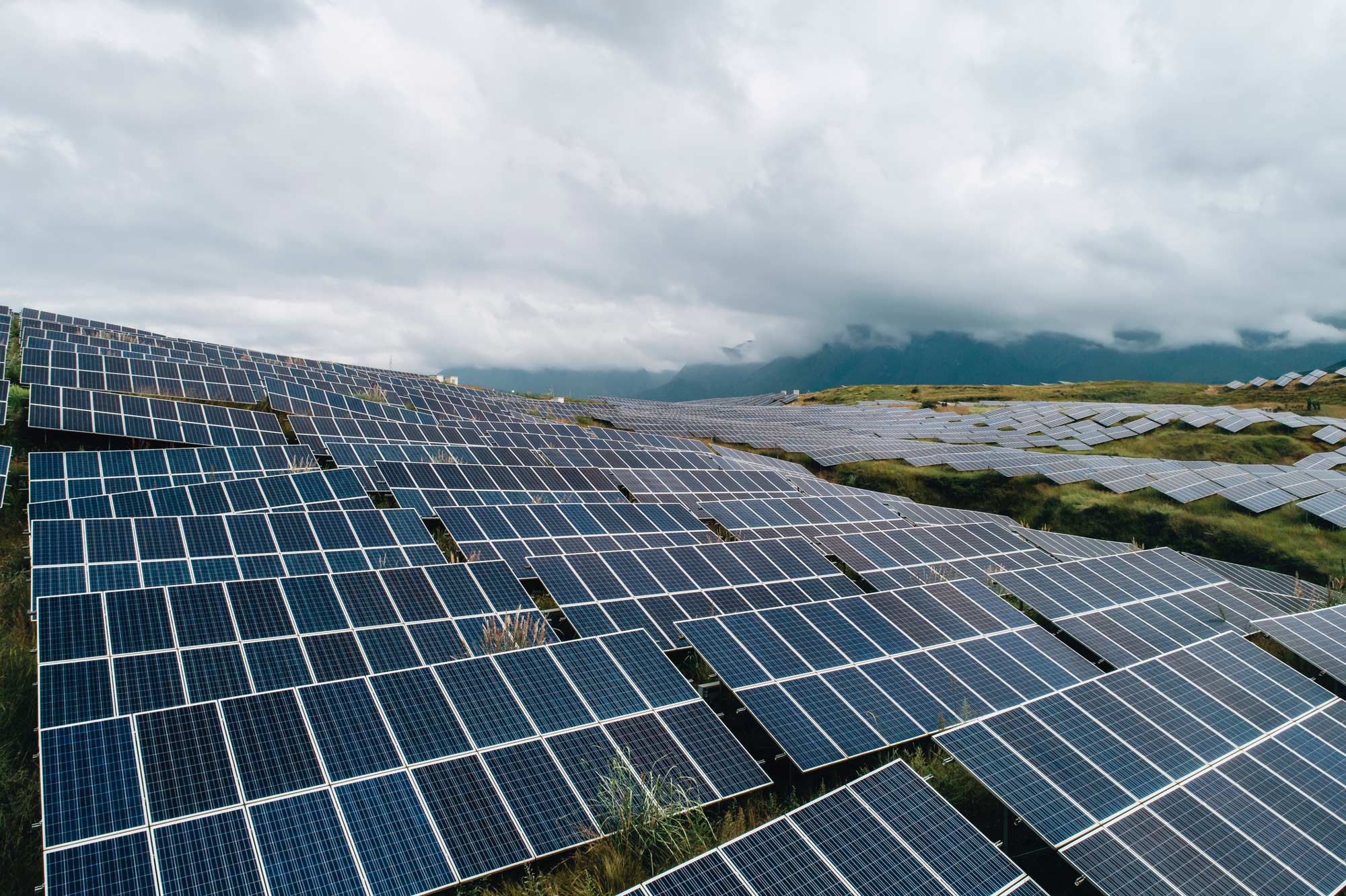
African School of Regulation
The Africa School of Regulation’s (ASR) objective is to build skills, knowledge, and sustainable jobs in the clean energy field by enhancing expertise and training in the field of energy regulation. The ASR aims to build local capacity using a multi-stakeholder approach to develop, teach, and disseminate sound energy regulation and policy in Africa. The African School of Regulation will offer training courses, best-in-class tools and templates, policy dialogue, and applied research, with the purpose of developing economically and socially sound energy regulation and policy in Africa. RMI is a partner to this program, alongside the Economic Commission for Africa, Enel Foundation, Florence School of Regulation, Global Energy Alliance for People and Planet, Pan African University Institute of Water and Energy Sciences, Rockefeller Foundation, Nexus Network, and University of Cape Town. Learn More
Energy Leadership Accelerator (ELA) Program
ELA invests in local leaders who envision and execute emerging energy technology projects in remote, islanded communities for increased local workforce development and resilient energy futures. With funding from the U.S. National Science Foundation (NSF), we support inclusive experiential learning opportunities that provide cohorts of diverse learners with the skills needed to succeed in emerging technology fields.The Alaska Center for Energy and Power (ACEP) and Rocky Mountain Institute (RMI) are partnering to deliver this program. Learn More
Our Partners
Sustainable development partners (NGOs, technical assistance providers, development finance institutions, philanthropies, etc.) and corporations can use the Energy Transition Academy to reach new audiences and extend their impact.
Contact us today to learn how we can help your organization scale your work.

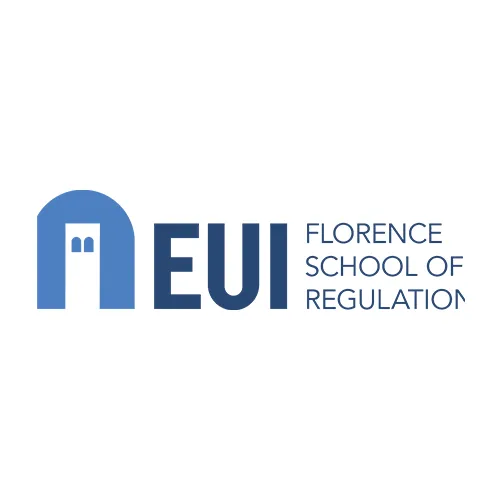

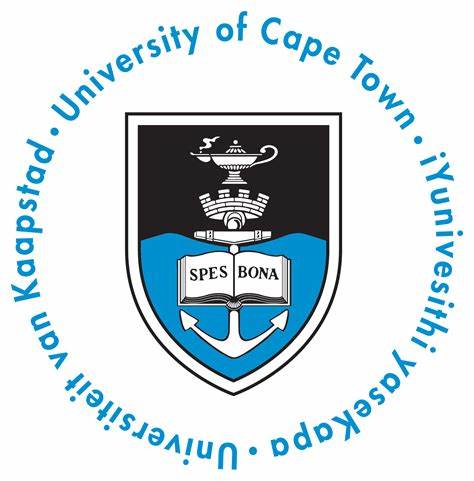
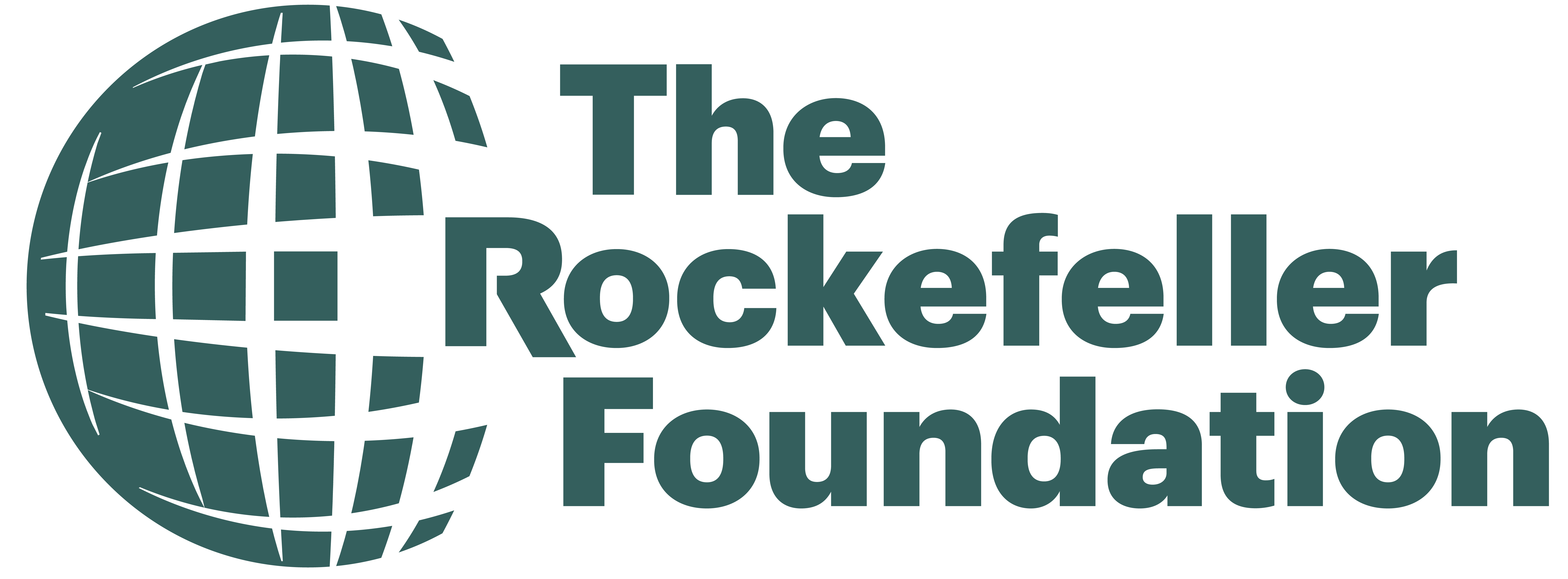


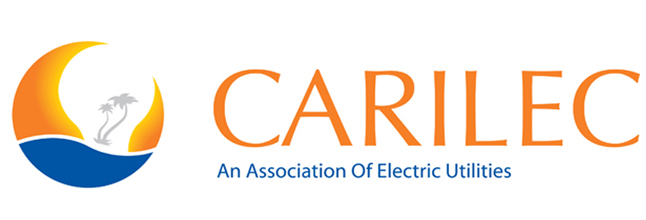
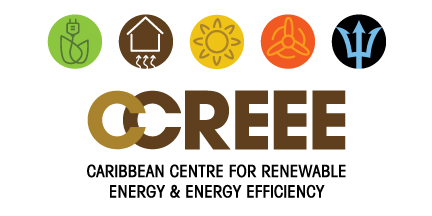
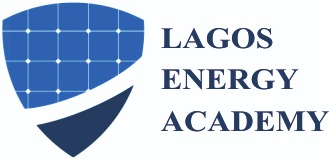
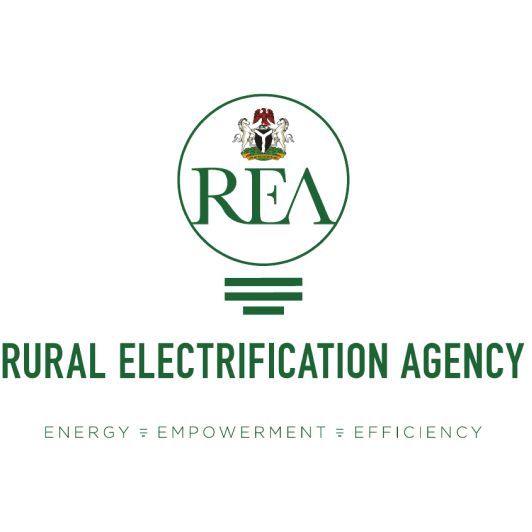
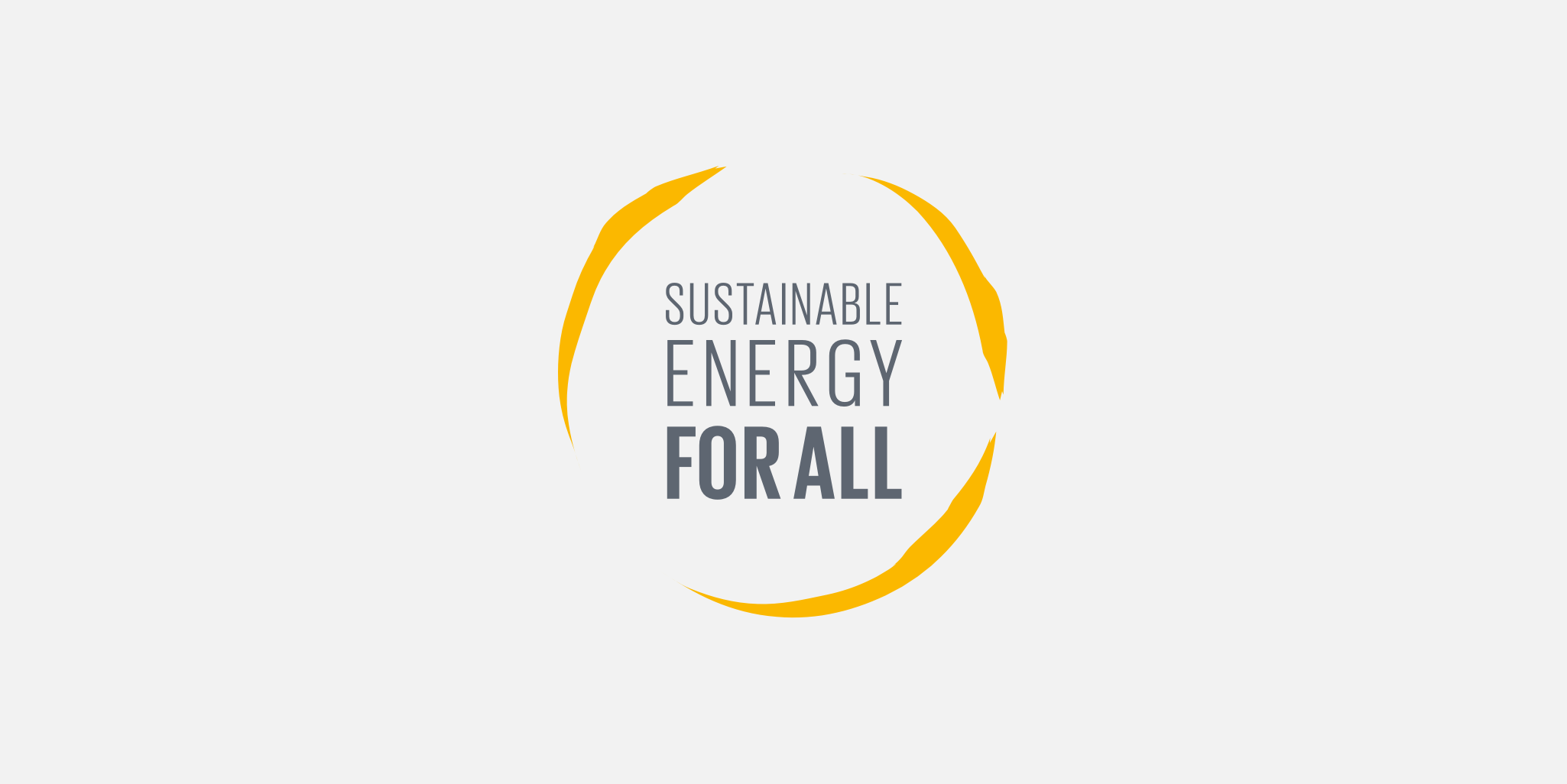



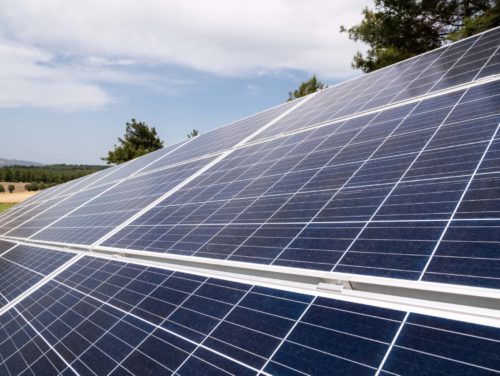
Ways to be Involved
To learn more or collaborate with RMI’s Energy Transition Academy team, email us at ETA@rmi.org
